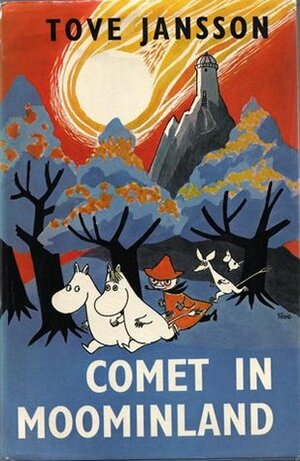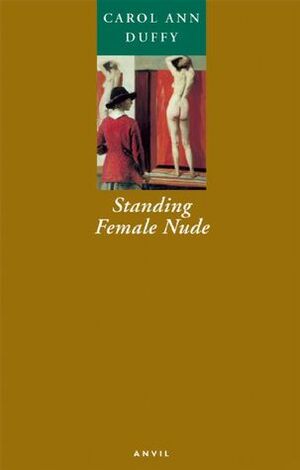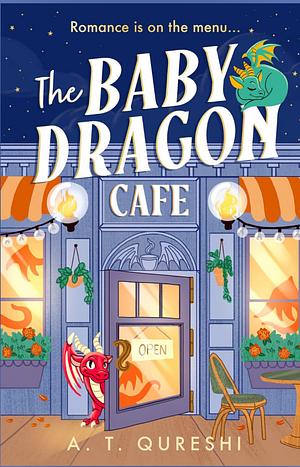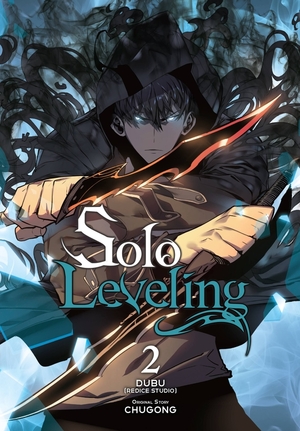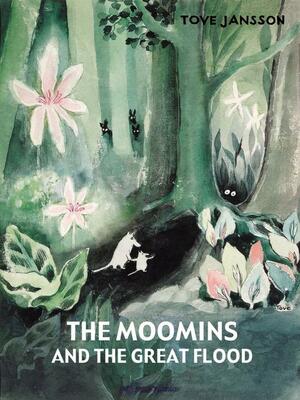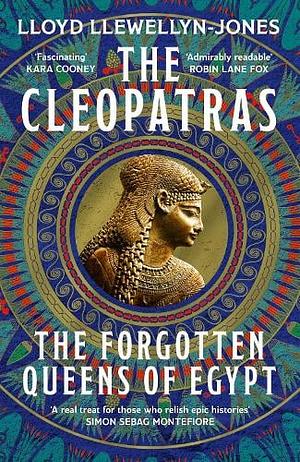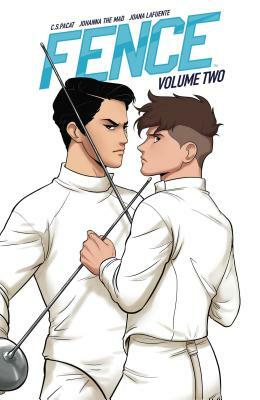
Siren Queen
Genres: Fantasy Pages: 282
Rating: 
Synopsis: It was magic. In every world, it was a kind of magic.
“No maids, no funny talking, no fainting flowers.” Luli Wei is beautiful, talented, and desperate to be a star. Coming of age in pre-Code Hollywood, she knows how dangerous the movie business is and how limited the roles are for a Chinese American girl from Hungarian Hill — but she doesn't care. She’d rather play a monster than a maid.
But in Luli's world, the worst monsters in Hollywood are not the ones on screen. The studios want to own everything from her face to her name to the women she loves, and they run on a system of bargains made in blood and ancient magic, powered by the endless sacrifice of unlucky starlets like her. For those who do survive to earn their fame, success comes with a steep price. Luli is willing to do whatever it takes—even if that means becoming the monster herself.
Siren Queen offers up an enthralling exploration of an outsider achieving stardom on her own terms, in a fantastical Hollywood where the monsters are real and the magic of the silver screen illuminates every page.
This is a review I wrote quite a while ago but which somehow never got posted!
When this book says Hollywood is full of monsters, that’s only the literal truth. Stars on the screen are also stars in the sky, and some people sell their soul trying to get there. That’s the premise of Siren Queen, and I really don’t want to say more than that, because I really enjoyed slowly figuring out what was literal, how this world differs from our own, where the metaphors have become reality.
Luli is Chinese-American, and she knows full well what kind of roles await her in Hollywood — but she’s going to go there on her own terms and do what she can. Whether she’s going to get there never seems like an option: she wants to be seen, she wants millions to see her, she wants to be just like the people she’s seen at the local cinema. She never really questions this desire or her determination to go there; she’s almost possessed by it. I could definitely have stood to understand that better; I understood Luli’s ambivalent feelings about her home and her sister, and understood her drive toward Emmaline and her friendship with Greta… but I wanted to understand more of her drive to be seen, to rise, because the brief references to that felt powerful.
Luli is surrounded by characters who almost all want the same thing: they didn’t just somehow end up there, against their will — except for Greta, of course — and I found myself at risk of forgetting that with people like Harry Long and Emmaline and maybe even Brandt Hiller. But they chose this, just like Luli did, and the ways they are trapped and hurt each other arise from that as well. It adds a little complexity to the sympathy you feel for them sometimes. Luli’s far from perfect, but Emmaline has made the same choices in many ways.
There’s a lot that isn’t explained, a lot that you’re left to intuit or guess or imagine for yourself, and I really liked that. It stays with the central concept and doesn’t try to elaborate it too much, and there are mysteries that we don’t get to understand. I like that a lot; I don’t think it should have tried to unravel Oberlin Wolfe’s existence or why certain things are as they are — this is Luli’s story, shaped by those mysteries but never seeking to understand them.
People have compared this to The Seven Husbands of Evelyn Hugo, and there are similarities there, for sure. I’ve certainly enjoyed both!
Rating: 4/5
